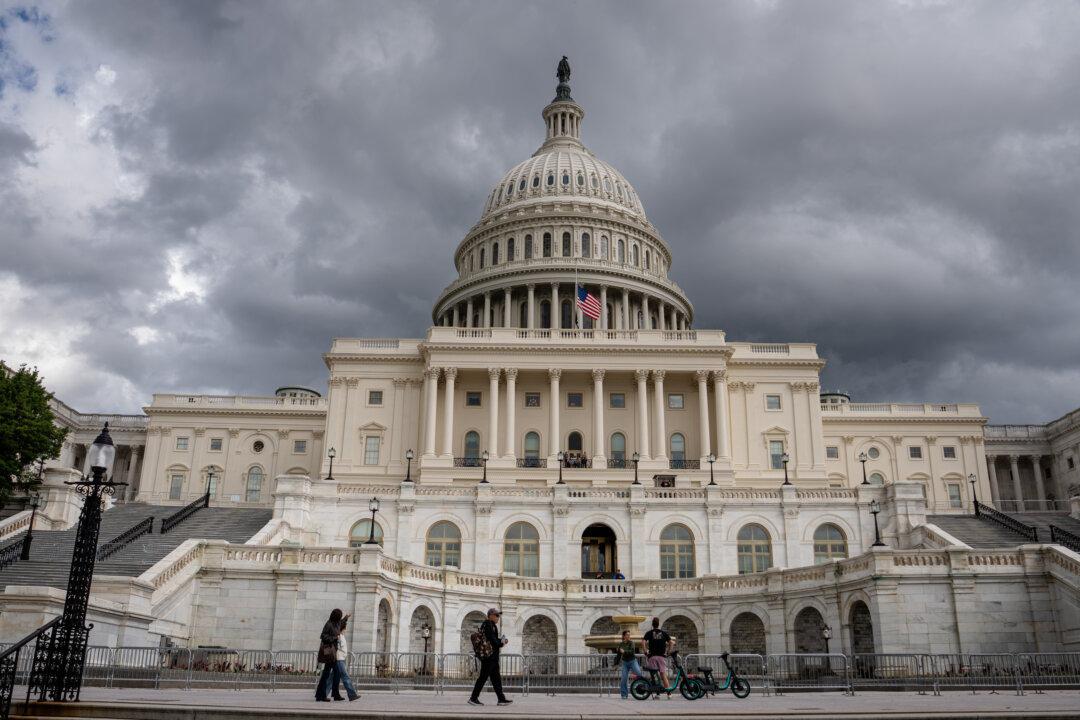This text appeared in the ‘Top Story’ email newsletter sent on May 24, 2025.
Well, they finally did it.Shortly after sunrise on Thursday, after 30 hours of nonstop debate and negotiation and not one but two meetings with the president, House Republicans passed H.R. 1, the One Big Beautiful Bill Act.





